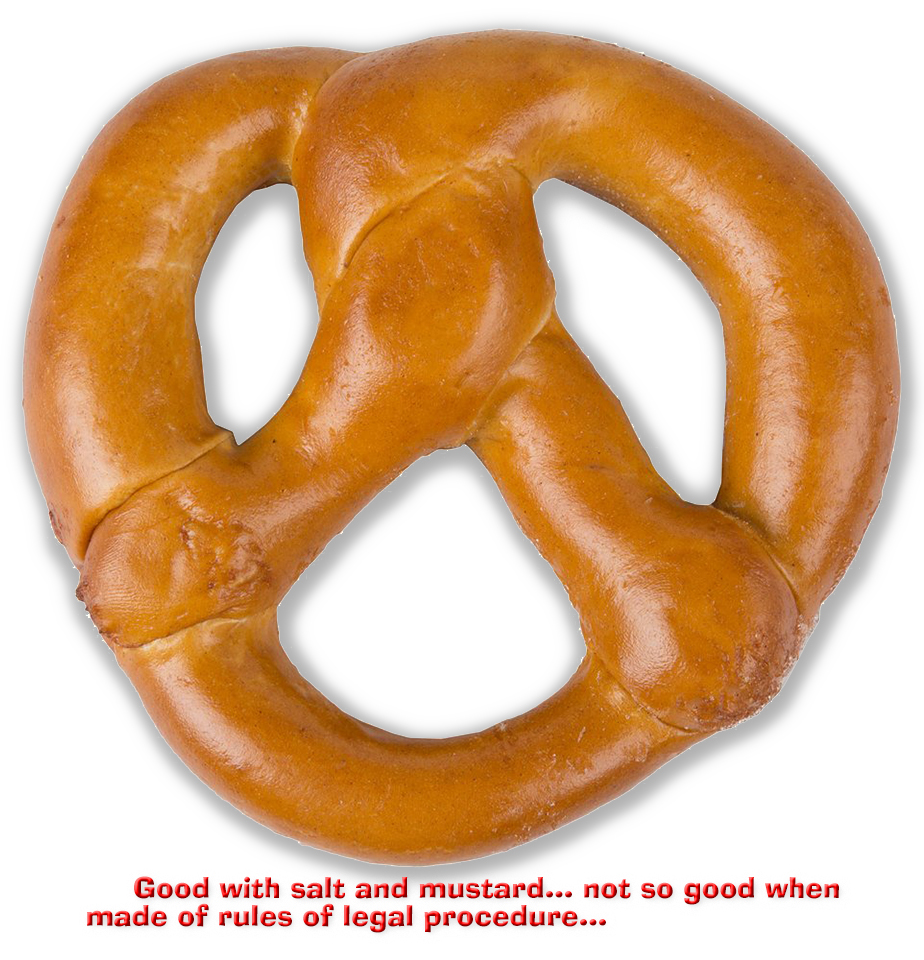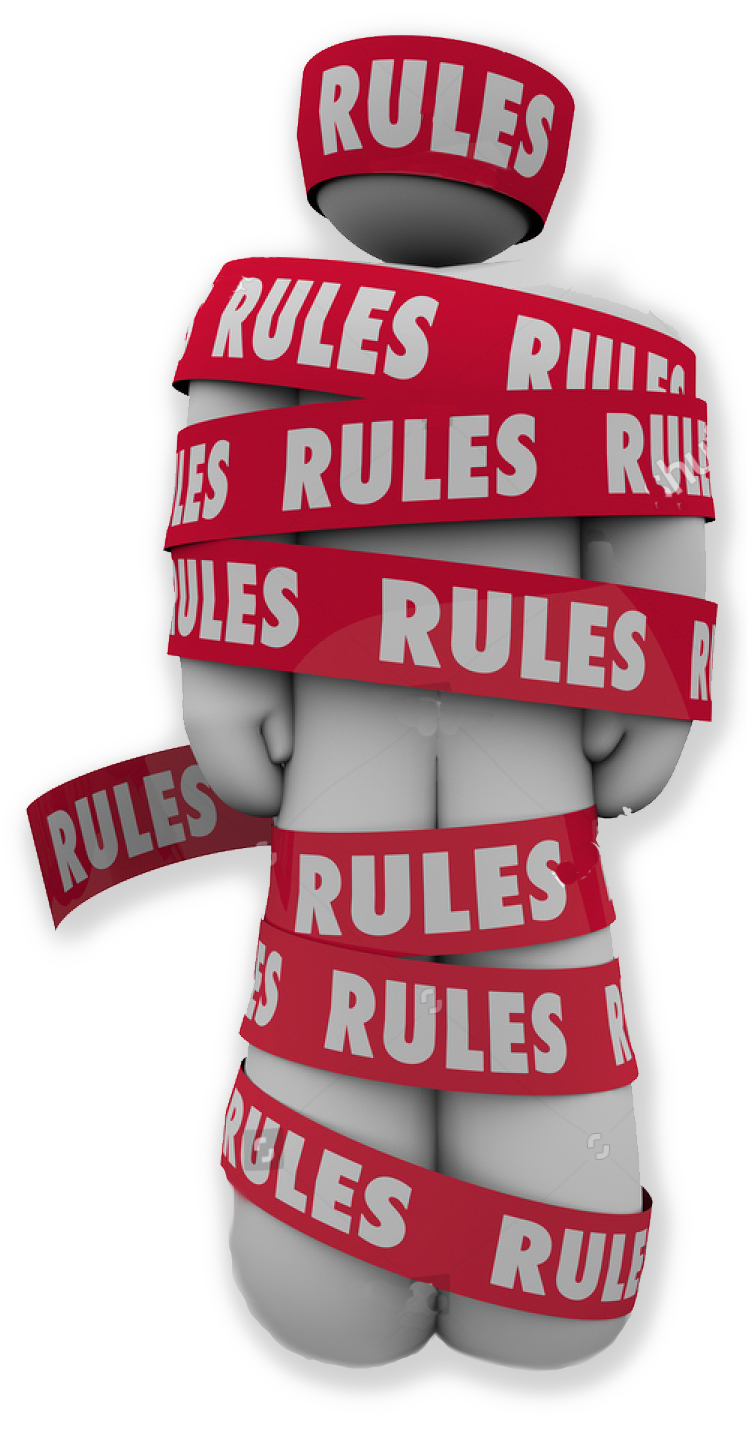We post news and comment on federal criminal justice issues, focused primarily on trial and post-conviction matters, legislative initiatives, and sentencing issues.

NO PERMISSION NEEDED FOR AN APPEAL FOR WHICH PERMISSION NEEDED
“Huh?” you ask. No wonder.
This problem has happened to inmates before, especially during pandemic lockdowns. In 2015, Serwan Mizori filed a 28 USC § 2255 motion arguing that his lawyer had rendered ineffective representation. The motion languished for four years before his court got around to denying it.
 Once the court acted, Serwan had 60 days under the rules to file his notice of appeal (NOA). But as luck would have it, he was confined in the Special Housing Unit (“SHU”) for some prison rules violation right about then, and had no access to stamps or a law library. He got out of the SHU about two weeks after the NOA was due.
Once the court acted, Serwan had 60 days under the rules to file his notice of appeal (NOA). But as luck would have it, he was confined in the Special Housing Unit (“SHU”) for some prison rules violation right about then, and had no access to stamps or a law library. He got out of the SHU about two weeks after the NOA was due.
Serwan filed an NOA and a motion for leave to file it late under Federal Rule of Appellate Procedure 4(a)(5)(A)(ii). The district court turned him down, so Serwan appealed its denial of his right to file the NOA. To turn this into even more of a procedural pretzel, the 6th Circuit first took up the question of whether he needed a certificate of appealability (COA) to appeal denial of his motion to late file the NOA.
Section 2253(c)(1)(A) of Title 28 provides that unless a circuit justice or judge issues a COA, an appeal may not be taken from “the final order in a habeas corpus proceeding in which the detention complained of arises out of process” issued by a court. A COA is a ruling that the issue to be appealed is one that is subject to reasonable dispute, one that “jurists of reason” would find debatable.
Last week the Circuit ruled Serwan could argue his procedural motion without a COA. The Court said that for COA purposes, a “final order… disposes of the merits of a habeas corpus proceeding.”
 Here, the district court’s two-page order denying Serwan’s motion under Rule 4(a)(5) “plainly did not dispose of the merits of his 2255 motion,” the Circuit said. “The district court’s July 2019 order denying the 2255 motion had already done that; and the order that Mizori seeks to appeal now said nothing about the merits of his underlying § 2255 motion.”
Here, the district court’s two-page order denying Serwan’s motion under Rule 4(a)(5) “plainly did not dispose of the merits of his 2255 motion,” the Circuit said. “The district court’s July 2019 order denying the 2255 motion had already done that; and the order that Mizori seeks to appeal now said nothing about the merits of his underlying § 2255 motion.”
Thus, Serwan could proceed with appealing the denial of his late-filed notice of appeal without a COA. If he wins that, then he will require a COA.
No wonder lawyers make big bucks.
Mizori v. United States, Case No, 19-2433, 2022 U.S. App. LEXIS 1639 (6th Cir., Jan. 20, 2022)
– Thomas L. Root

